This page is licensed under Creative Commons under Attribution 4.0 International. Anyone can share content from this page, with attribution and link to College MatchPoint requested.
Updated Information on All Things College Admissions

Colleges are paying more attention to test scores again, and that makes them an important part of your application. The most helpful scores are in the top quartile, since they back up your grades, improve your chances of getting in, and can lead to scholarships. If you are thinking about majors like computer science, engineering, or business, high math scores matter even more. Admissions officers want to see that you are ready for tough college-level math. Aiming for the 75th percentile or higher is smart, but remember that essays, activities, and who you are as a person also play a big role.

When families talk about careers in business, finance and consulting usually take center stage. But retail is one of the largest and most dynamic industries in the world, shaping everything from what we wear to how we shop online. For students who love fashion, customer experience, or supply chain strategy, retail can lead to a fulfilling and profitable career. The challenge is that families often think only of big-name fashion schools in New York or luxury design houses in Europe. In reality, many excellent colleges across the country quietly prepare students for retail leadership. These hidden gems combine strong academics with industry access, giving graduates a clear path into buying, merchandising, e-commerce, and beyond. Here are ten colleges where students can study retail in a way that prepares them for long-term career success.

As parents, it’s easy to feel like college admissions is one big game of telephone. Advice gets passed from neighbor to neighbor, from older siblings to younger ones, and across every parent Facebook group. Some of it’s true. A lot of it isn’t. You’ve probably heard the classics: applying in-state always gives your student an edge, the most expensive schools are out of reach, and merit aid is everywhere if your teen works hard enough. But the actual data tells a very different story. Three surprising admissions stats stand out—and each one flips a common myth upside down.
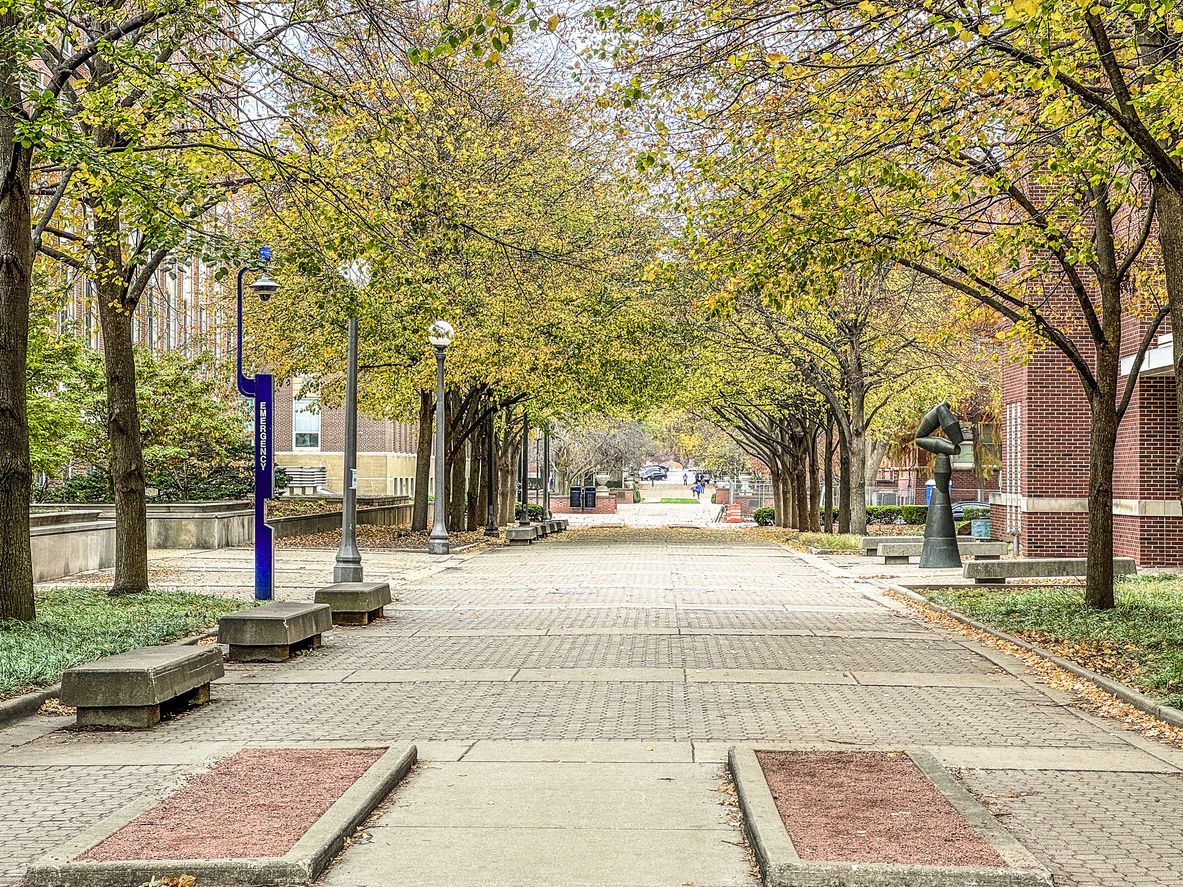
Every fall, families face one of the biggest decisions in college admissions: Should my student apply Early Decision? The appeal is obvious. Early Decision can increase the odds of admission at a dream school. At the same time, many parents are hoping for scholarships to help with cost. But here’s the hidden tradeoff that doesn’t make it into the glossy brochures: schools that offer a true Early Decision advantage almost never award merit scholarships. And the colleges that give out generous merit aid usually don’t rely on binding Early Decision. Understanding this divide is essential before your student checks the “ED” box.

When families think about financial aid, assumptions often take the place of facts. Parents expect that good grades, strong test scores, and standout extracurriculars will automatically bring scholarships at any college. But the truth is that aid looks very different depending on where a student applies. Highly selective colleges tend to focus entirely on need-based aid, while many broad-access colleges use merit aid as their main tool to recruit students. Let’s break this down by looking at three of the most common myths families believe—and the reality behind each one.

When families start building a college list, the first number they often see is the sticker price. A college that lists tuition, room, and board at $70,000 or more can feel completely out of reach. It is easy to assume that the only affordable choices are the ones with much lower published prices. But sticker price doesn’t tell the whole story. What really matters is the net price—what your family will pay after financial aid and scholarships are applied. And here’s the surprise: some of the most expensive colleges on paper can sometimes actually be the most affordable once aid is factored in.

Parents often think the college process is about test scores, rankings, and financial aid packages. Those things matter, but they are not what most families hold dearest. At the heart of so many households are values like faith, personal growth, family, helping others, and volunteering. These are the anchors that have shaped teenagers for years, and they can also guide the path to college. When families double down on these values in the admissions journey, they remind their teenager that the real goal is not prestige. It is choosing an environment where the values they live every day can continue to flourish.

For families everywhere, the phrase Early Decision raises as many questions as it answers. Is it a golden ticket into selective colleges? Or is it a gamble that limits financial options too soon? The truth is that Early Decision (ED) is both a boost and a barrier. It increases the odds of admission at many colleges, yet it also requires families to make binding commitments before they can compare aid offers. The data shows clear patterns that can help you decide whether this strategy is right for your student.

Families assume that applying in state gave students an automatic admissions advantage. It felt like common sense. Public universities were created to serve local residents, and many parents carried that assumption into their own children’s college search. But the data shows the picture is more complicated. In some regions, being an out-of-state applicant can actually improve the odds of admission.

AI is no longer just a buzzword. It is in classrooms, homework routines, and even college applications. Recent surveys show that 26 percent of U.S. teens ages 13 to 17 used ChatGPT for school assignments in 2025, up from 13 percent in 2023. Another study found that 35 percent of high school students used AI to solve homework problems, while 66 percent used it for study support.

An estimated 15 to 20 percent of high school and college students are neurodivergent, including many with ADHD, autism, or dyslexia. These students bring creativity, focus, and unique problem-solving skills to the classroom, especially in STEM fields. Yet too often, traditional classrooms have not been designed with their needs in mind. AI is beginning to change that. Surveys show that more than 70 percent of neurodivergent college students say AI-powered reading tools significantly improve comprehension and persistence. Studies indicate course completion rates improve by up to 40 percent when adaptive AI platforms are in use. One in three neurodivergent students reports that AI provides greater independence, stronger planning, and higher motivation to complete assignments.

Here is the uncomfortable truth: AI does not always know what it is talking about. Sometimes it nails the answer. Other times, it makes things up, mixes details, or delivers nonsense with total confidence. These mistakes are called hallucinations. If you do not catch them, your homework and studying can take a wrong turn.

AI tools like ChatGPT are now part of high school life. Pew Research found that 26% of teens ages 13–17 used ChatGPT for school assignments in 2025, double from just two years earlier. Other surveys suggest more than half of students use AI in some way for studying. The real question isn’t if teens will use AI, but how. There’s a big difference between copying an AI-written essay and using AI as a tutor. The secret is writing strong prompts that guide AI to support learning. That’s where the P.A.C.E. framework comes in.
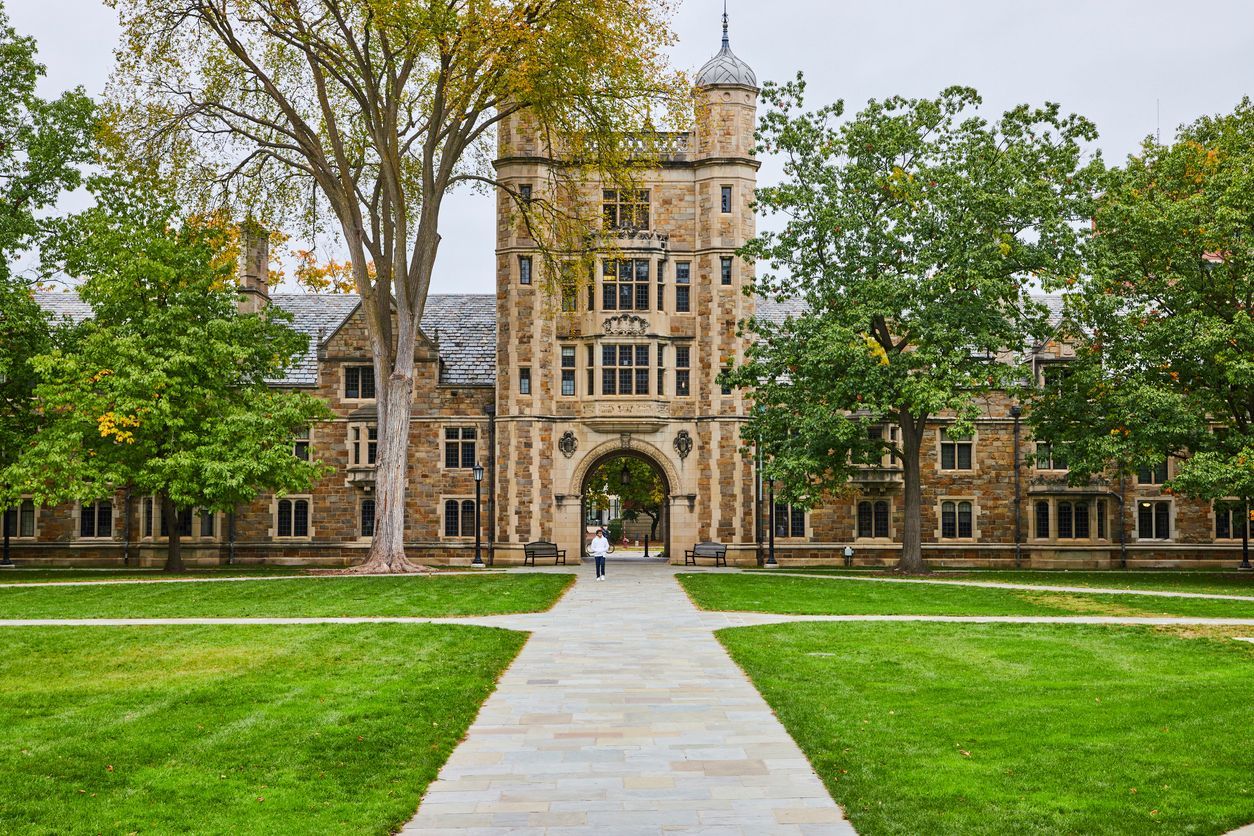
The phrase “dream school” carries an almost magical pull. Families whisper it like a secret password, as if a single admission letter can guarantee happiness, prestige, and success. But here is the uncomfortable truth: most of what parents believe about dream schools is built on myths. And those myths can drive choices that leave students stressed, overlooked, or burdened with debt. Here are the five biggest myths about the dream school—and the one reality that every family needs to hear.

Many families assume that the most selective colleges offer the best return on investment. The Ivy League and top public flagships carry powerful names, and it is natural to believe they guarantee success. Yet the reality is that students can often find equal or even stronger outcomes at schools that admit more students, offer generous scholarships, and provide greater access to faculty. Return on investment in college is not about turning education into a transaction. It is about matching cost with opportunity so that your student can graduate with freedom, confidence, and choices. Here are five supportive ways to look for colleges that may offer better long-term value than the most highly selective schools.

For most families, paying for college is one of the biggest financial decisions they will ever make. With the cost at some private universities now climbing above $80,000 per year, it is natural to wonder: How do we know this school is worth it? The answer is not just about rankings or a beautiful campus. It is about ensuring your student will be supported, challenged, and set up for life after graduation—without overwhelming debt. That is the purpose of the College Value Checklist.

Sending a student to college is one of the most meaningful investments a family can make. It is about much more than a diploma. College is where students discover new ideas, build lifelong friendships, and grow into independence. Yet the price tag has soared. At many private universities, the full cost now exceeds $80,000 or more a year. That number gives most parents pause—and it should. Before making that kind of commitment, there is one essential thing to check: whether the college provides value that matches the investment .

Securing testing accommodations for the SAT or ACT is not automatic, and it rarely moves quickly. The process requires careful preparation, strict attention to deadlines, and close coordination with your school. Families who start early have the best chance of avoiding delays and making sure their student has the support they need on test day.

If you are worried about how your child can stand out in an era of AI-polished essays and flawless transcripts, you are not alone. Families everywhere are asking how admissions officers will ever see the real student behind the application. The truth is, readers are human, and they are trained to spot what no algorithm can fake. What rises above perfect GPAs and sleek résumés is initiative and impact—the spark that shows a student did more than follow directions. That is what still gets noticed, and that is what breaks through.
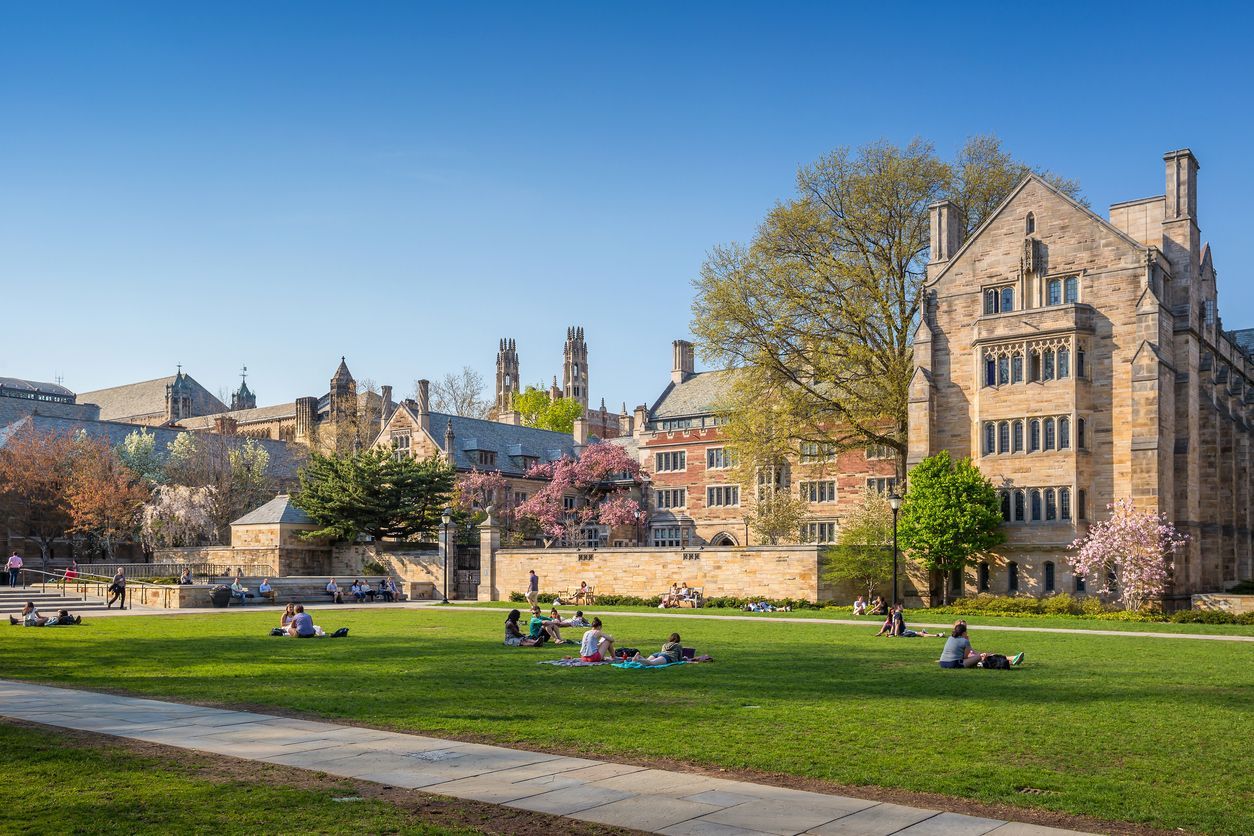
The myth that ultra-competitive admission is the key to happiness and success does not match reality. Eighty-six percent of students report satisfaction across all types of schools, and many of the most meaningful opportunities come at universities parents already know and trust. The real dream school is not the one with the lowest acceptance rate. It is the one where your student feels seen, supported, and prepared for what comes next.

Thanksgiving is a season that invites families to pause, share a meal, and reflect on what matters most. Yet for many parents of high school juniors and seniors, it arrives in the middle of application deadlines and college list debates. Stress and uncertainty often crowd out the spirit of the holiday. That is why this is the perfect moment to remember the one admissions strategy families often forget. Gratitude.

This is the season when seniors are submitting applications and juniors are beginning to build their college lists. For many families, the spotlight falls on HYPSM—Harvard, Yale, Princeton, Stanford, and MIT. These schools carry enormous prestige, and their single-digit admit rates make them feel like the ultimate prize. But when families place all their energy on this tiny group of colleges, they risk missing the bigger picture.

For students who love the outdoors, sustainability, or agriculture, a college orchard can be much more than a pretty backdrop. Orchards serve as living classrooms, research hubs, and community resources where students study biodiversity, sustainable farming, and food systems in real time. They also connect campuses to their local regions, often donating produce to food banks or selling fruit to support community initiatives. These five U.S. colleges highlight how something as simple as an apple orchard can enrich education and campus life:

For students passionate about global affairs, human rights, and diplomacy, the United Nations can feel like the ultimate classroom. While many schools offer international relations programs, a select few in the United States stand out for their direct connections to the UN. These colleges and universities provide unique access to briefings, internships, and academic programs tied to the UN’s mission, giving undergraduates a front-row seat to international policy in action. Here are 5 U.S. colleges and universities with strong ties to the United Nations:

For some students, food is more than a quick bite between classes—it’s part of the college experience. From iconic local specialties to campus dining programs that emphasize sustainability and creativity, these colleges stand out for offering meals worth remembering. Whether you are drawn to global flavors, farm-to-table dining, or legendary local eats, these campuses give food lovers plenty to savor. Here are 8 colleges for hardcore foodies:

For students passionate about becoming future educators, the best preparation often happens at colleges that take innovation seriously. These schools combine classroom learning with hands-on experiences, interdisciplinary coursework, and strong community partnerships. Beyond the well-known names in teacher education, there are hidden gems across the country offering creative, impactful pathways for students who want to make a difference in schools and communities. Here are 10 hidden gem U.S. colleges and universities with innovative education programs:
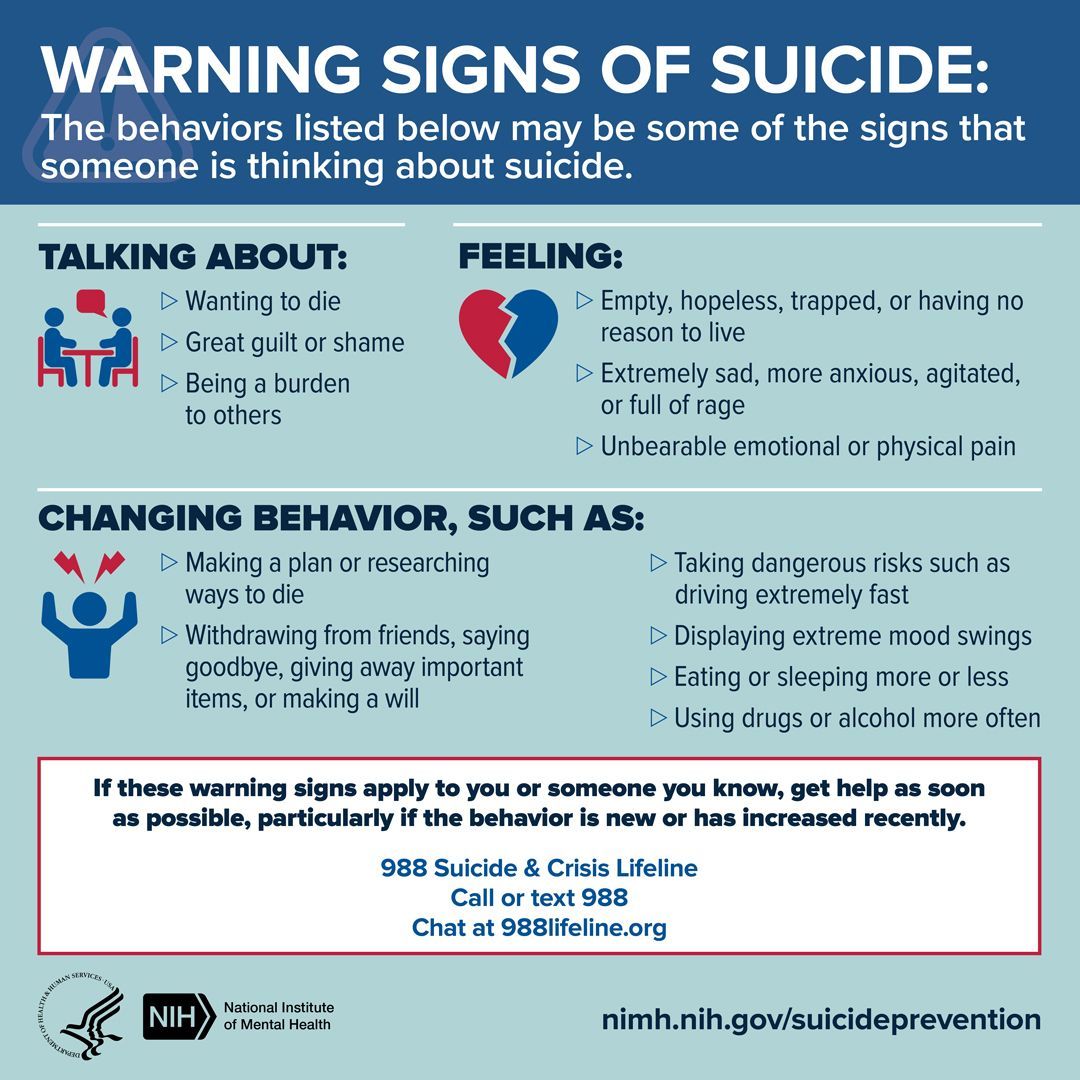
Every year on September 10, the world pauses to observe World Suicide Prevention Day . It is an important reminder of the collective responsibility we share in supporting young people who may be struggling with despair, hopelessness, or thoughts of suicide. For adults who work with teenagers—whether as educators, coaches, mentors, or youth leaders—the day carries an added weight. You are often among the first to notice subtle signs that something is wrong. You are also uniquely positioned to offer care, connection, and guidance in a moment that could make a profound difference.

For students dreaming of medical school, the undergraduate experience can be just as important as the MCAT score. Families often assume Ivy League or flagship universities are the only path, but many smaller or lesser-known schools provide outstanding preparation for future doctors. These colleges stand out for their quality advising, research opportunities, access to clinical experiences, and strong medical school acceptance rates. Students at these schools often benefit from smaller class sizes and closer faculty mentorship, making them excellent hidden gems for pre-med success. Here are 10 hidden gem colleges with strong pre-med preparation outside the Ivy League:
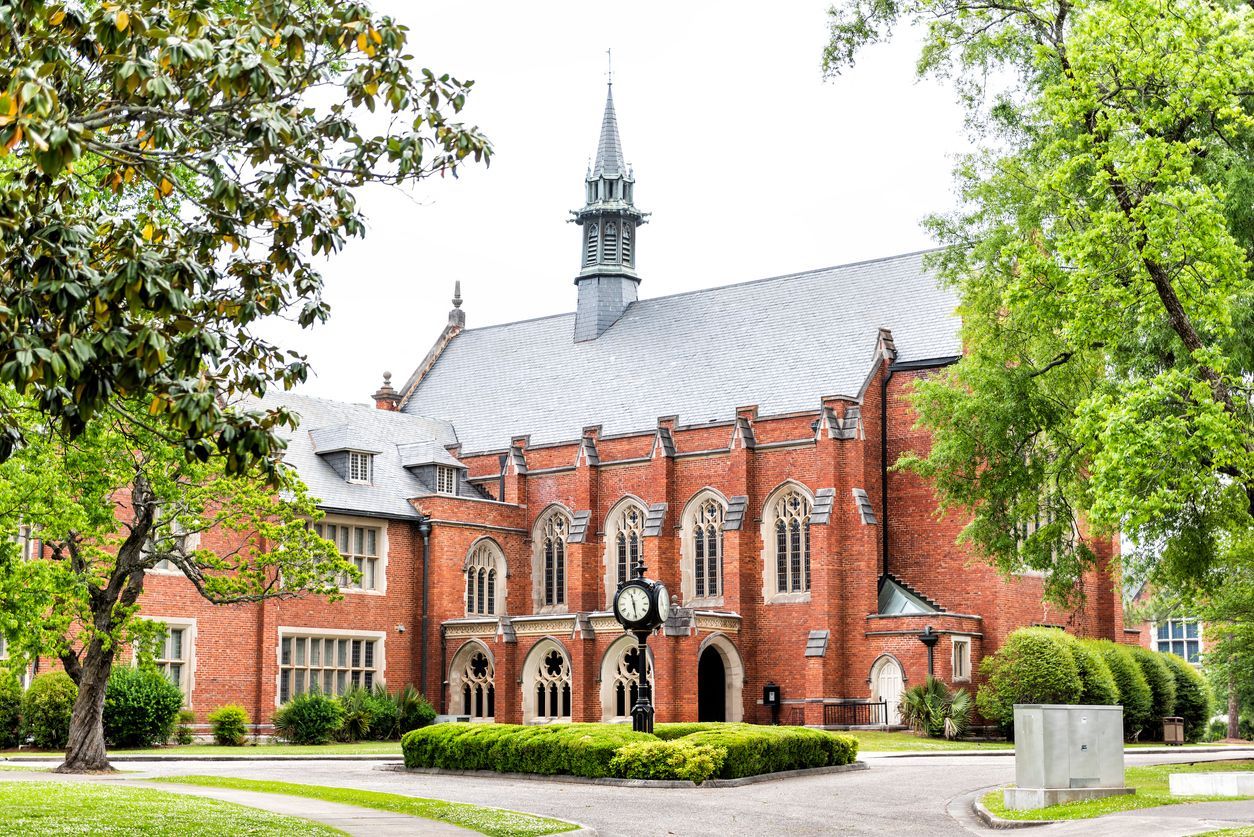
For high-achieving students, an honors college can transform the undergraduate experience. These programs often provide smaller classes, seminar-style learning, faculty mentorship, and special research or travel opportunities. While many families immediately think of highly selective universities when considering honors programs, there are hidden gems across the country that offer exceptional honors education with more accessible admission rates. These schools combine strong academics with an environment where motivated students can thrive. Here are 12 hidden gems with exceptional honors colleges:



